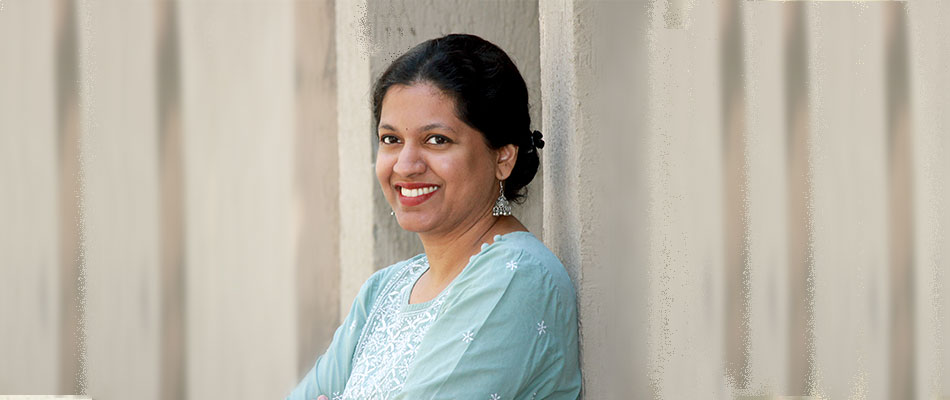The problem faced by most teachers these days is the apathy and aversion of students towards learning, especially mathematics. I would go so far as to say that part of the blame lies with our society which makes it very easy for people to admit that they don't like mathematics or even hate it but judges them harshly for not liking reading or writing. The challenge we, as teachers, face today is to create people who will gain knowledge for its own sake rather than as a means to an end.
From a decade of teaching experience, I have noticed that most students don't like to invest time in learning anything that will not fetch them grades. They do not sufficiently develop a love for the process of learning, which is a creative process. But, the current education system doesn't seem to give them much slack to this end either. What I'm referring to here, is the lack of idle time. Quoting, BBC- Capital's article, "Why idle moments are crucial for creativity",
"In 2012, researchers found that letting your mind wander can lead to better creative problem-solving. And anecdotal links between daydreaming and creativity abound. From Einstein to Nobel Prize-winning chemists to the inventor of the Post-it note, many of the world’s great thinkers have espoused the benefits of giving your mind a rest."
The above in no way implies that one should spend all their free time perusing digital gadgets, which distracts the mind with irrelevant information and hampers creative thinking.
Instead, teachers can ensure that students utilise their idle time by invoking their curiosity in the subject. In my opinion, students don't need to be given solutions to all problems. Instead, they need to be taught to ask the right questions and develop a thirst for finding answers leading to a deeper understanding of the subject matter.
In my classes, I like to give the students puzzles to ponder about and examples that lead to the theorems that govern those examples. Creating an environment for them to think and experiment helps develop their intuition. However, we also need to make sure that they don't wholly rely on their intuition. I give below a famous example in logic attributed to Bertrand Russell, called the Barber's Paradox.
"In a village, there lives a barber who shaves those and only those who do not shave themselves. Does the barber shave himself?"
This question has no answer thereby making it a paradox. The paradox came about at a time when people used to think that any collection of objects is a set, which seems intuitive. In the above example, the collection of all the people who do not shave themselves cannot be a set as we cannot decide whether the barber belongs to this set or not, and deciding whether an object belongs to a set or not is a defining property of a set.
Similarly, in my class on logic, I teach how to differentiate between intuitive reasoning and logical reasoning. Intuition, although not formally established, is crucial as it fosters creative ideas and is as important as employing them to form a sound theory. It should be developed by letting one make conjectures and then proving those by using logical arguments.
The exposure to the act of predicting and confirming facts not only makes learning fun but also teaches students the dangers of just guessing. At the same time, correct guesses also make one confident and pique their interest in the subject.
Once learning becomes enjoyable, students will pursue knowledge in its own right rather than to earn a degree. Also, such training not only helps them in sciences but also in real life where one is always faced with facts which may or may not be true. One can then depend on one’s logical faculties to deduce what to believe, and what to discard as fake. More than ever before, critical thinking is a necessity in the modern world with an abundance of information, many of which are from dubious sources.
In conclusion, passive learning does not solve any of the above problems. Effective pedagogy plays an essential role in teaching curiosity and nurturing the talents in students thereby instilling confidence in them, which is crucial in this day and age. It should always be remembered that our goal as academicians is to contribute skilled and confident individuals to society, and not those whose knowledge is predominantly bookish.
Prof. Indrani Rao - Assistant Professor FLAME University


